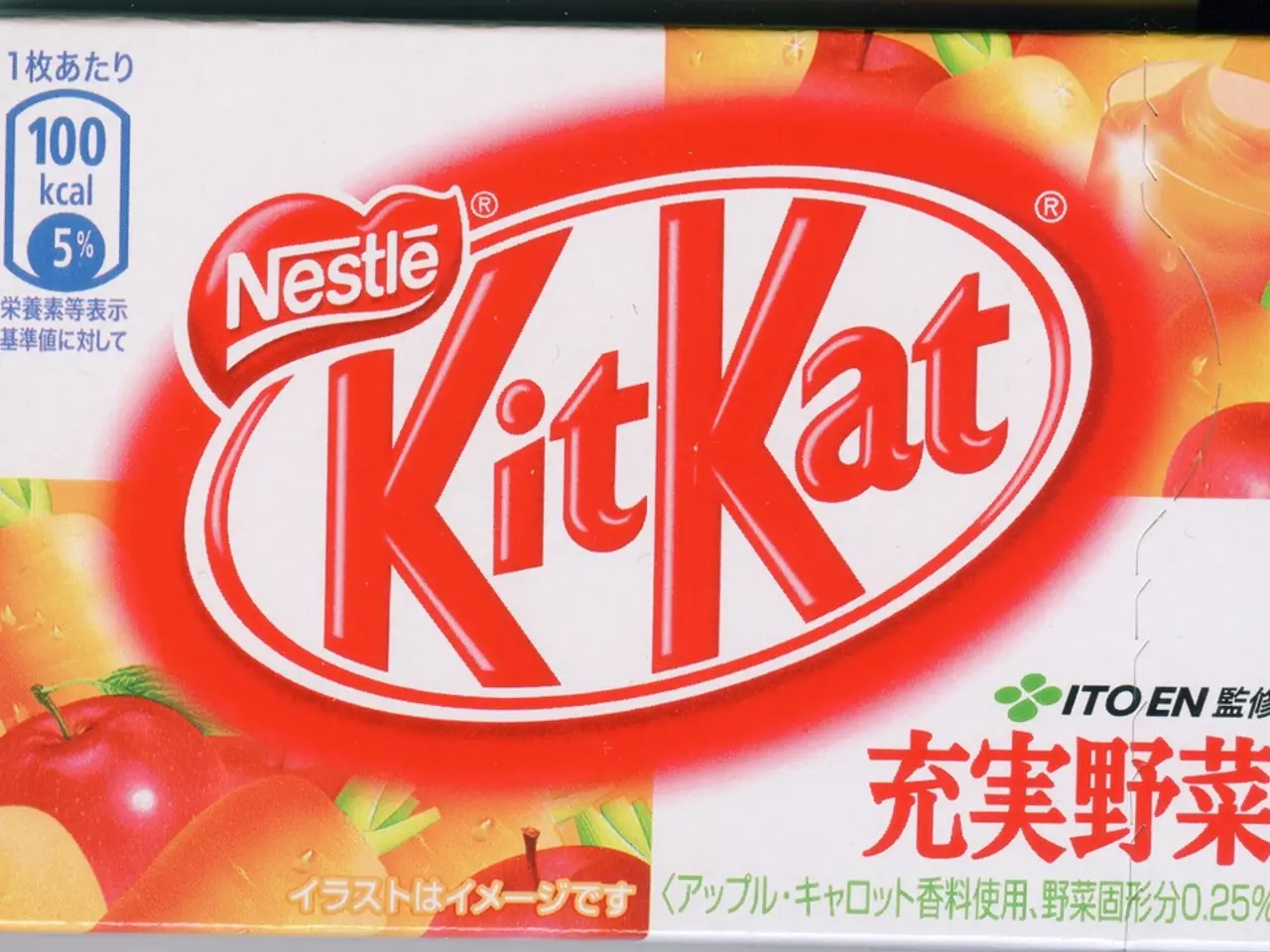Solutions for Addressing Hydration and Nutrient Deficiencies through Fruit and Vegetable Consumption
Summer Diet: A Key to Hydration, Energy, and Skin Health
As the mercury rises, maintaining a balanced diet becomes crucial for staying hydrated, energized, and promoting healthy skin. A summer diet should primarily focus on water-rich fruits and vegetables, electrolyte-rich foods and drinks, antioxidant-rich produce, healthy fats, and maintaining balanced blood sugar levels.
Hydration is essential to prevent heatstroke and fatigue, especially in the summer. Our bodies lose a significant amount of water during this season, making it vital to increase water intake. Consuming water-rich foods like watermelon, cucumbers, strawberries, and melons not only increases water intake but also helps maintain electrolyte balance, which is crucial for hydration in hot weather. Additionally, foods such as coconut water, yogurt, bananas, and mineral-rich drinks provide electrolytes like sodium and potassium, aiding the body in absorbing and retaining water effectively. Infusing water with fruits or herbs like lemon or mint can also encourage more fluid intake.
Energy levels can be affected by the summer heat, but a well-planned diet can help combat this. Hydrating fruits and vegetables combined with greens like spinach, kale, and lettuce supply vitamins (notably vitamin C) and minerals that support immune function and digestion, helping the body feel energized and mentally clear. Including protein, whole grains, and legumes in your diet stabilizes blood sugar levels, preventing energy crashes and inflammation that can impact skin and overall vitality.
Skincare is another area where a summer diet plays a significant role. Eating a variety of colorful fruits and vegetables high in beta-carotene (e.g., carrots, sweet potatoes, red bell peppers) and antioxidants (berries, dark leafy greens, tomatoes, green tea) protects the skin from sun damage, reduces inflammation, and promotes cell repair and a healthy glow. Healthy fats from sources like flaxseeds, chia seeds, walnuts, and avocados nourish the skin’s lipid barrier to prevent dryness and enhance elasticity during summer exposure.
In conclusion, a thoughtfully composed summer diet that emphasizes hydration through water-rich produce and electrolytes, provides stable energy through balanced nutrients, and supports skin health with antioxidants and healthy fats can effectively address hydration, energy, and skin concerns in the summer heat. Dietitians recommend focusing on foods like flaxseeds, chia seeds, and dried fruits, which are rich sources of energy and omega-3 fatty acids. Moreover, diet can help replenish fluids in addition to drinking water, making it an essential component of a summer wellness routine.
References: [1] American Heart Association. (2021). Hydration and Heart Health. [online] Available at: https://www.heart.org/en/healthy-living/healthy-eating/eat-smart/nutrition-basics/hydration-and-heart-health
[2] Mayo Clinic. (2021). Summer Skin Care: Tips for Healthy, Radiant Skin. [online] Available at: https://www.mayoclinic.org/healthy-lifestyle/adult-health/in-depth/summer-skin-care/art-20047223
[3] Academy of Nutrition and Dietetics. (2021). Hydration: Importance and Tips. [online] Available at: https://www.eatright.org/food/nutrition/hydration/hydration-importance-and-tips
[4] Harvard T.H. Chan School of Public Health. (2021). Hydration and Health. [online] Available at: https://www.hsph.harvard.edu/nutritionsource/hydration/
[5] National Health Service. (2021). Staying hydrated in hot weather. [online] Available at: https://www.nhs.uk/live-well/healthy-body/staying-hydrated-in-hot-weather/
- Incorporating healthy fats from sources like flaxseeds, chia seeds, walnuts, and avocados into your summer diet not only supports skin health but also nourishes the skin’s lipid barrier to prevent dryness and enhance elasticity.
- Nutrition plays a vital role in skin care during summer, and consuming antioxidant-rich produce such as berries, dark leafy greens, tomatoes, and green tea can protect the skin from sun damage, reduce inflammation, and promote cell repair, resulting in a healthy glow.
- For extended energy and a boost of omega-3 fatty acids, consider adding dried fruits and seeds like flaxseeds to your meals and snacks, as they are nutrient-dense and can replenish fluids in addition to drinking water, making them an essential component of a summer wellness routine.




